Learning from experience in raising silkworms in the direction of high-tech agriculture, recently, Mr. Vo Xuan Dong has cooperated with some friends to invest in building Dong Phu silkworm farm (raising silkworms in cold rooms) in Den Den hamlet, Tan Phu town, Dong Phu district, Binh Phuoc province.
With methodical, modern investment and a closed breeding process, the silkworm farm has brought about economic efficiency superior to many other models.
“I find raising silkworms in Dong Phu more stable than other places, because the weather and climate here are quite favorable and cool. When it is too sunny, I use air conditioning, so it is suitable for raising silkworms all year round” - Mr. Vo Xuan Dong started his story of “raising silkworms in cold rooms” like that.
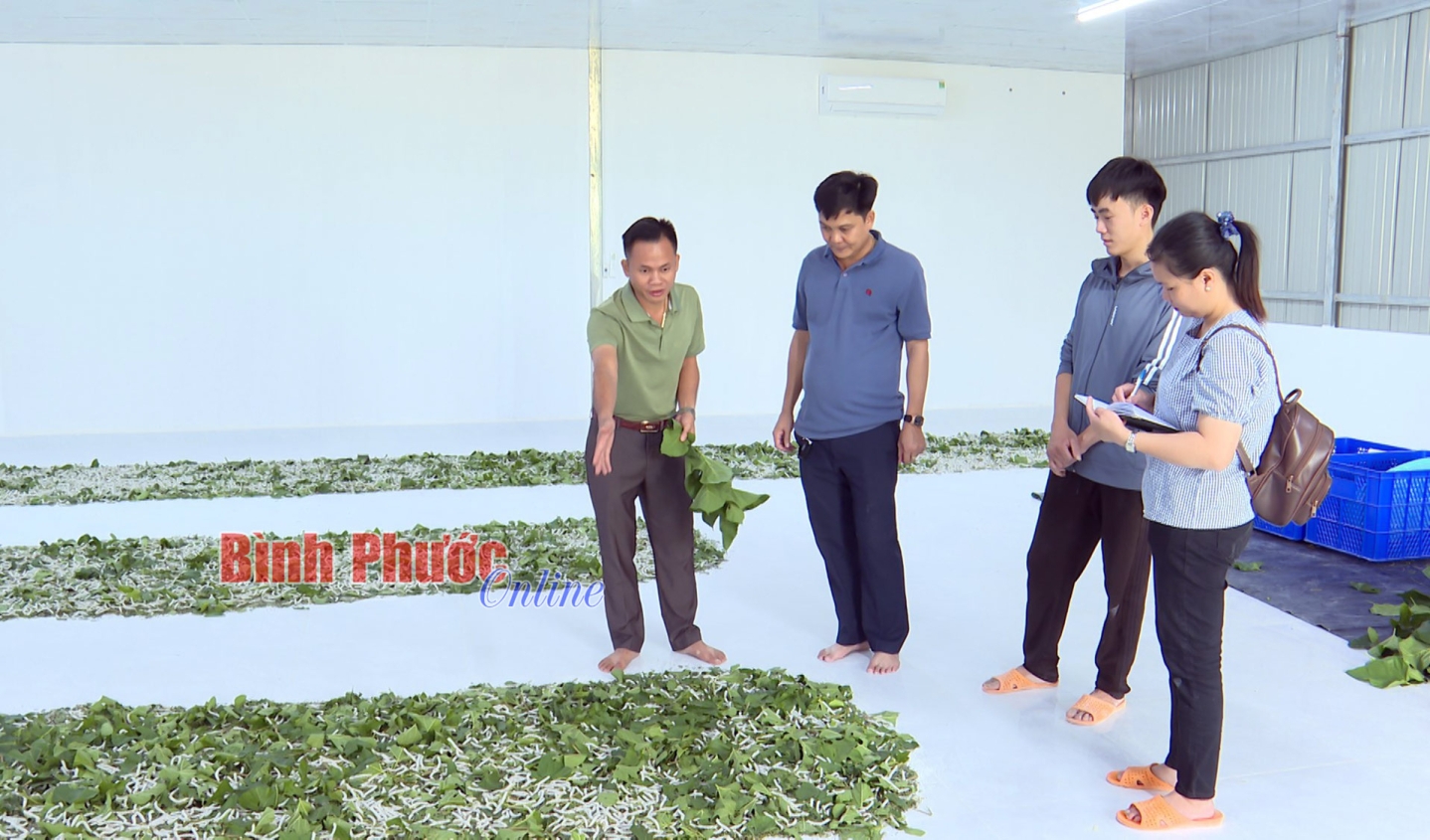
With a commercial snakehead fish pond previously invested in on the farm land, Mr. Dong and his friends arranged 3 hectares of land to grow mulberry and build a silkworm farm.
By using wastewater from snakehead fish farming to irrigate the mulberry trees, the mulberry trees grow well, providing an abundant source of food for silkworms. Mr. Dong also bought a mulberry leaf cutter, which helps to minimize the time spent chopping leaves and reduce the number of caretakers.
The silkworm farm is divided into 2 floors, of which the cold floor is 300m2 wide, equipped with 4 air conditioners to raise young silkworms. When they reach the silk spinning stage, the silkworms will be transferred to the hot floor with an area of about 90m2. At Dong Phu silkworm farm, adult silkworms are raised under the cold room floor at an average temperature of 27-31oC.
In the morning, technicians sprinkle lime on silkworms to disinfect and absorb moisture, then feed them. Silkworms need to be fed on time and monitored regularly to prevent disease. Silkworm diseases are mainly ichthyosis, spiny silkworm disease, bacterial and fungal diseases, etc. If not prevented and treated promptly, the yield and quality of cocoons will be reduced.
Mr. Dang Xuan Khanh, a technician at the silkworm farm, said that the life cycle of a mulberry silkworm is about 15 days, from the time the eggs hatch, with the following stages: feeding on the eggs, feeding on the cocoons, the silkworms growing up, spinning silk, and harvesting cocoons.
When the silkworms are ready to be rolled up, they need to be closely monitored. If they are not rolled up in time, the silkworms will not be able to spin silk. In order for the silkworms to grow well and produce a lot of silk, special attention must be paid to the hygiene of the farm and the food source. “It is necessary to clean and disinfect thoroughly, and check whether the mulberry leaves are of good quality.
In particular, no pesticides are used on mulberry leaves, and the grass under the mulberry roots must not be sprayed with pesticides. The environment around the mulberry leaves must be clean. Even a small impact on food can directly affect the growth and development of silkworms," Mr. Khanh shared.
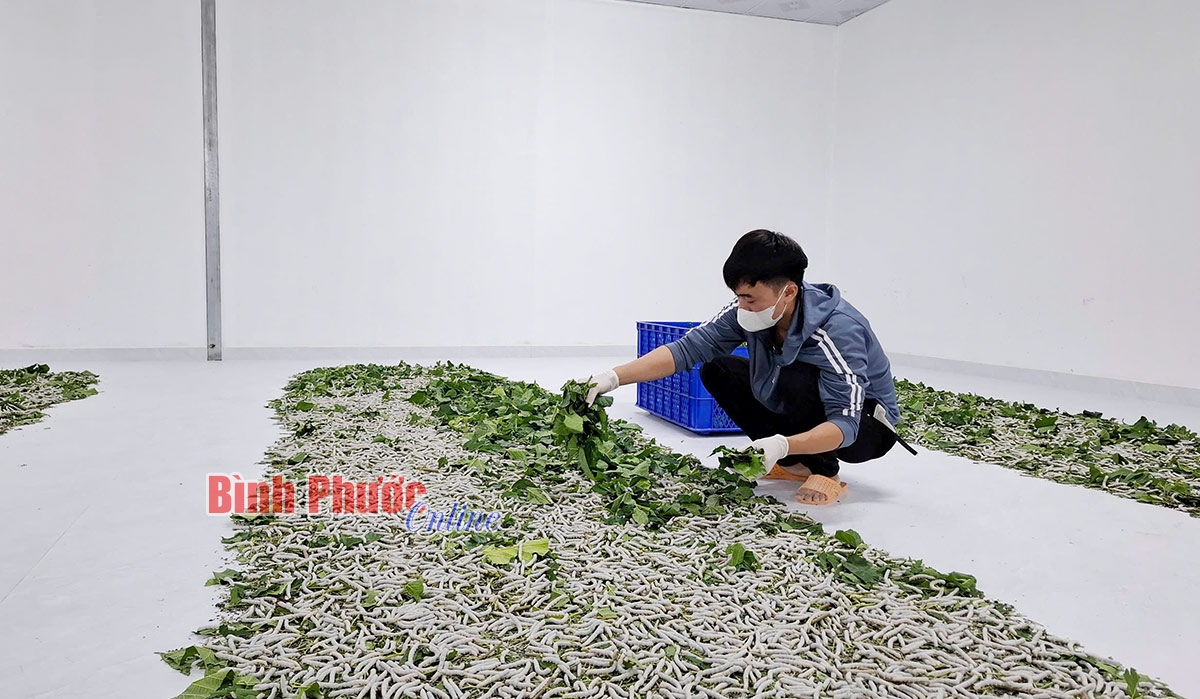
Mr. Dang Xuan Khanh feeds silkworms
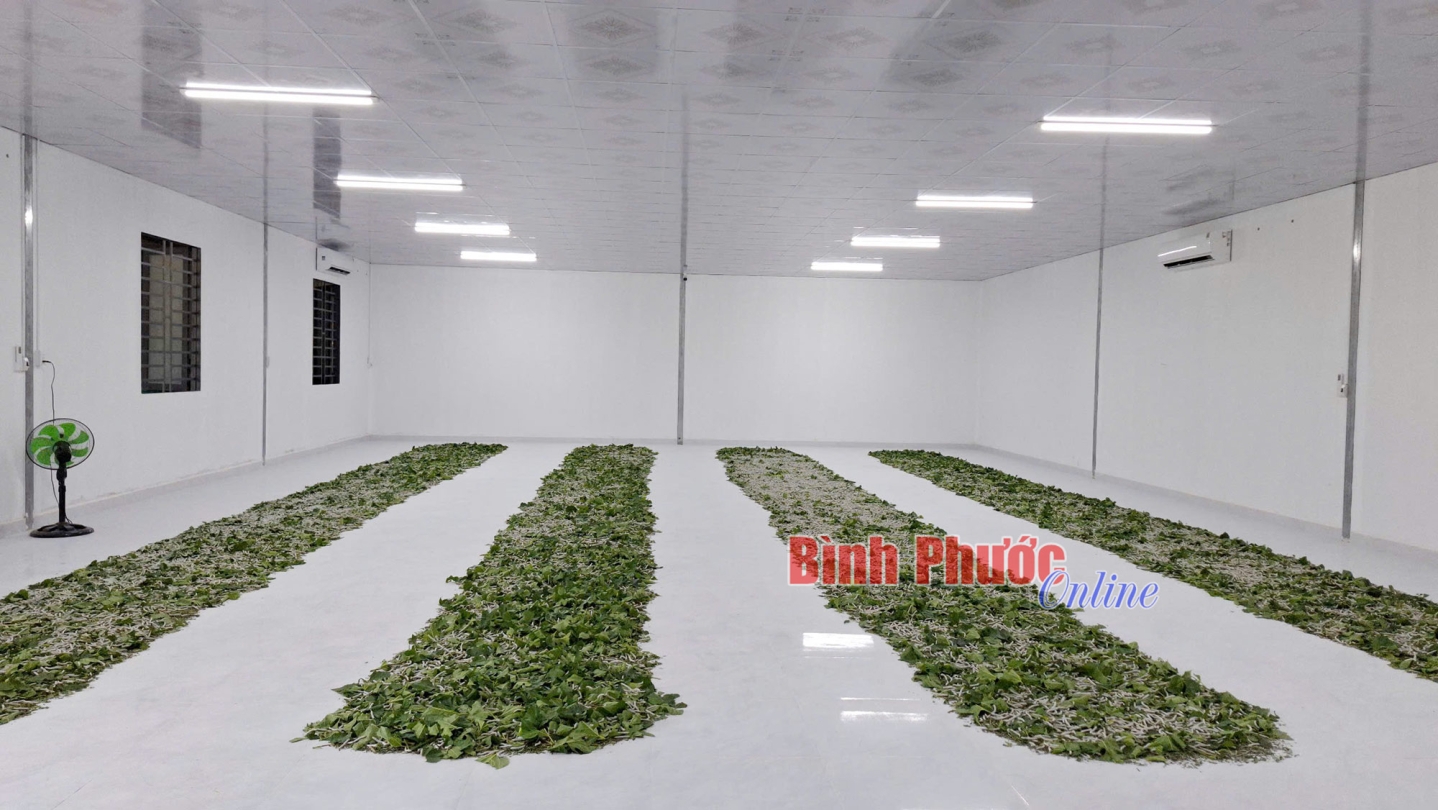
The cold floors at Dong Phu silkworm farm are equipped with air conditioners and full lighting.
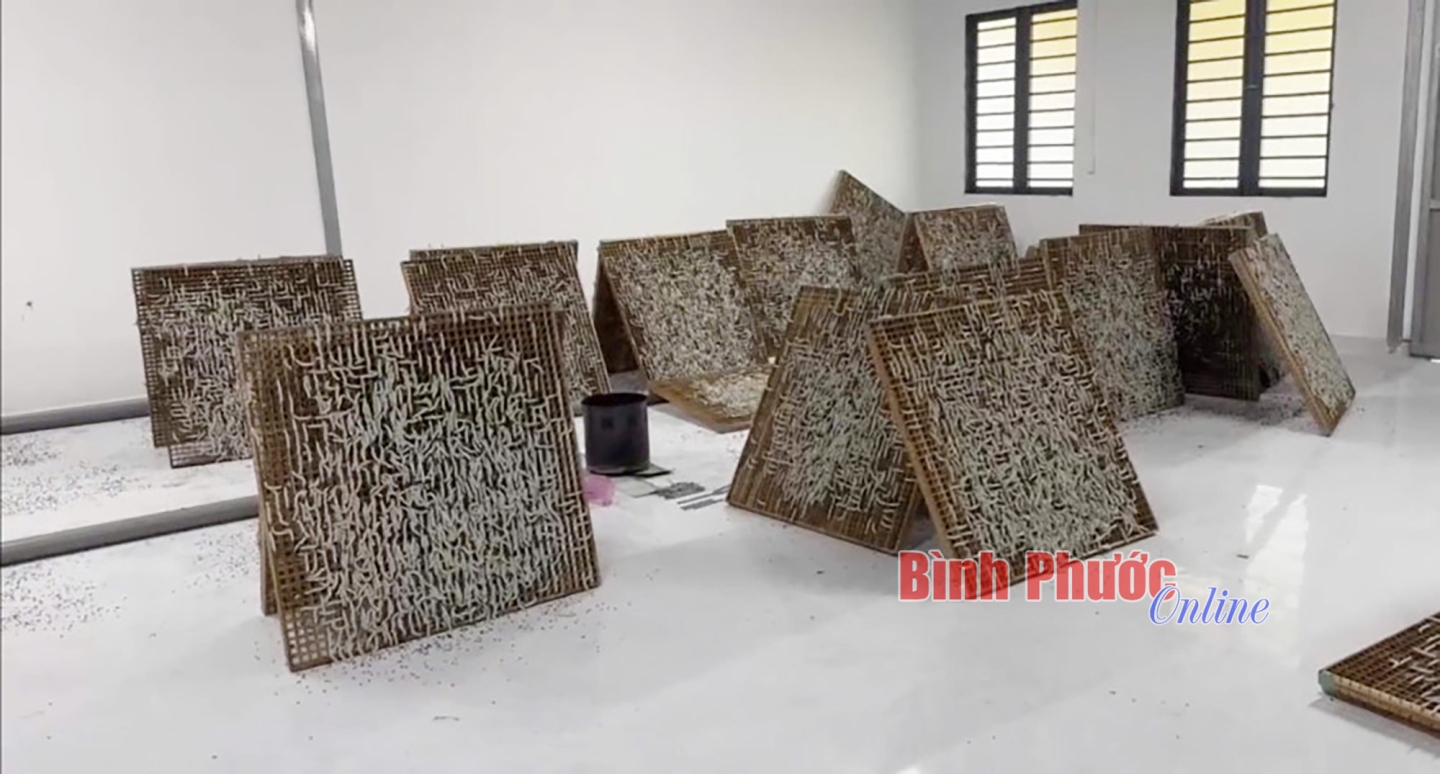
In the cold room, the silkworms are rolled up and transferred to the hot floor for winding.
Thanks to systematic and modern investment, following a closed process, Dong Phu silkworm farm can raise silkworms all year round. On average, 1 raising batch, with 2 boxes of seeds (about 2kg of seeds), will yield from 1 to 1.2 quintals of cocoons, if raised well, can reach 1.5 quintals of cocoons.
In the current market, the selling price of silkworm cocoons ranges from 170-200 thousand VND/kg. On average, 1 hectare of investment in mulberry cultivation for silkworm raising can bring in an income of about 300 million VND per year, much higher than other economic models.
“Regarding output, we have signed long-term contracts with businesses in Dak Nong and Lam Dong provinces. Among them, there are businesses that distribute seeds, provide technical guidance on raising and purchase cocoons, so it is very convenient,” Mr. Dong added.
Promoting the effectiveness of the model, Mr. Dong and his friends invested in building an additional 20-hectare silkworm farm in Dong Tien commune, Dong Phu district.
The farm is growing mulberry trees to provide food for silkworms in the future. Mr. Dong hopes that the development of the silkworm farm will not only bring economic efficiency but also contribute to creating stable jobs for local workers.
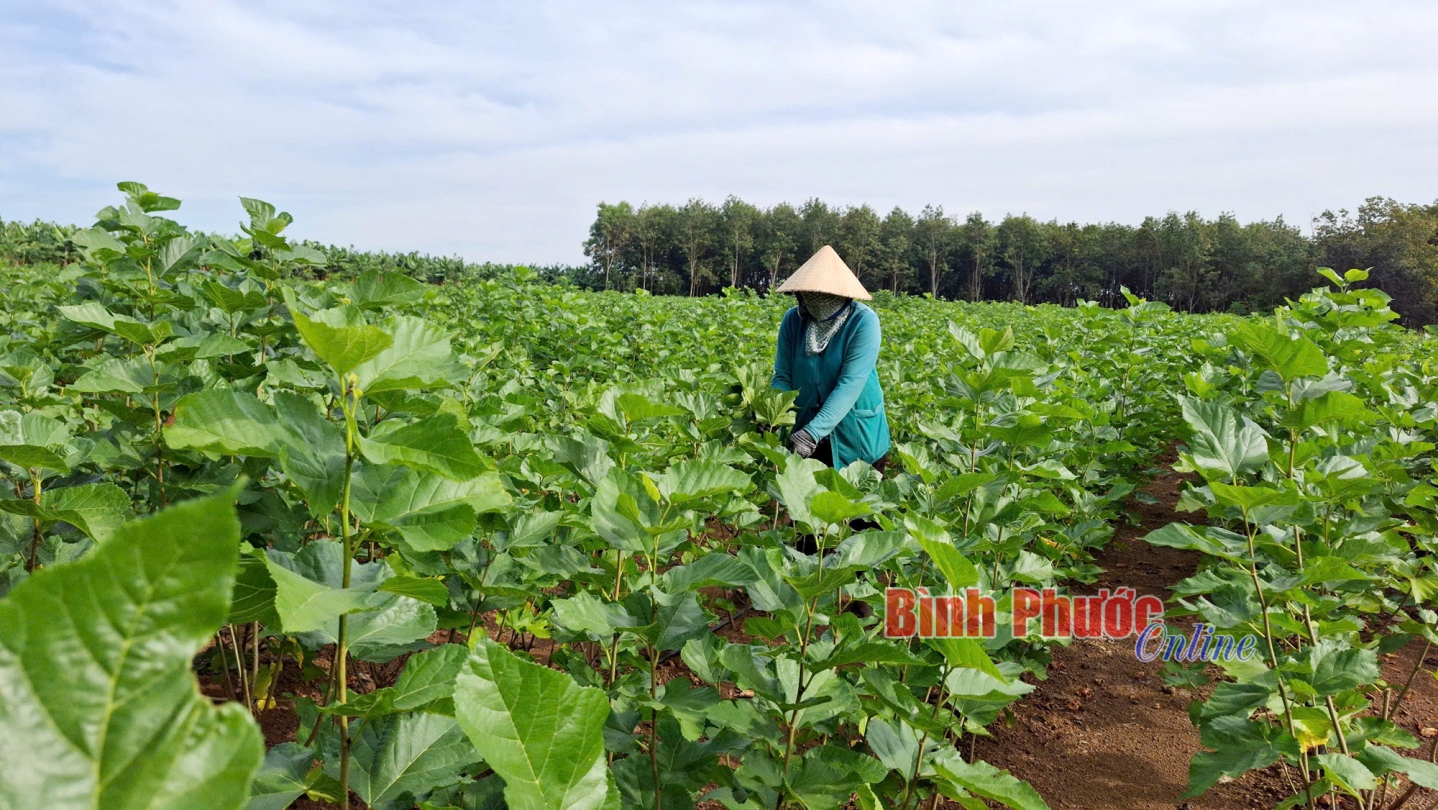
Mulberry for silkworms to eat
Dong Phu silkworm farm must be "clean" and not use chemical fertilizers or pesticides.
Source: https://danviet.vn/con-dong-vat-la-con-tam-o-binh-phuoc-dan-nuoi-trong-phong-lanh-ai-ngo-nha-nao-cung-kha-gia-len-20250201233609273.htm


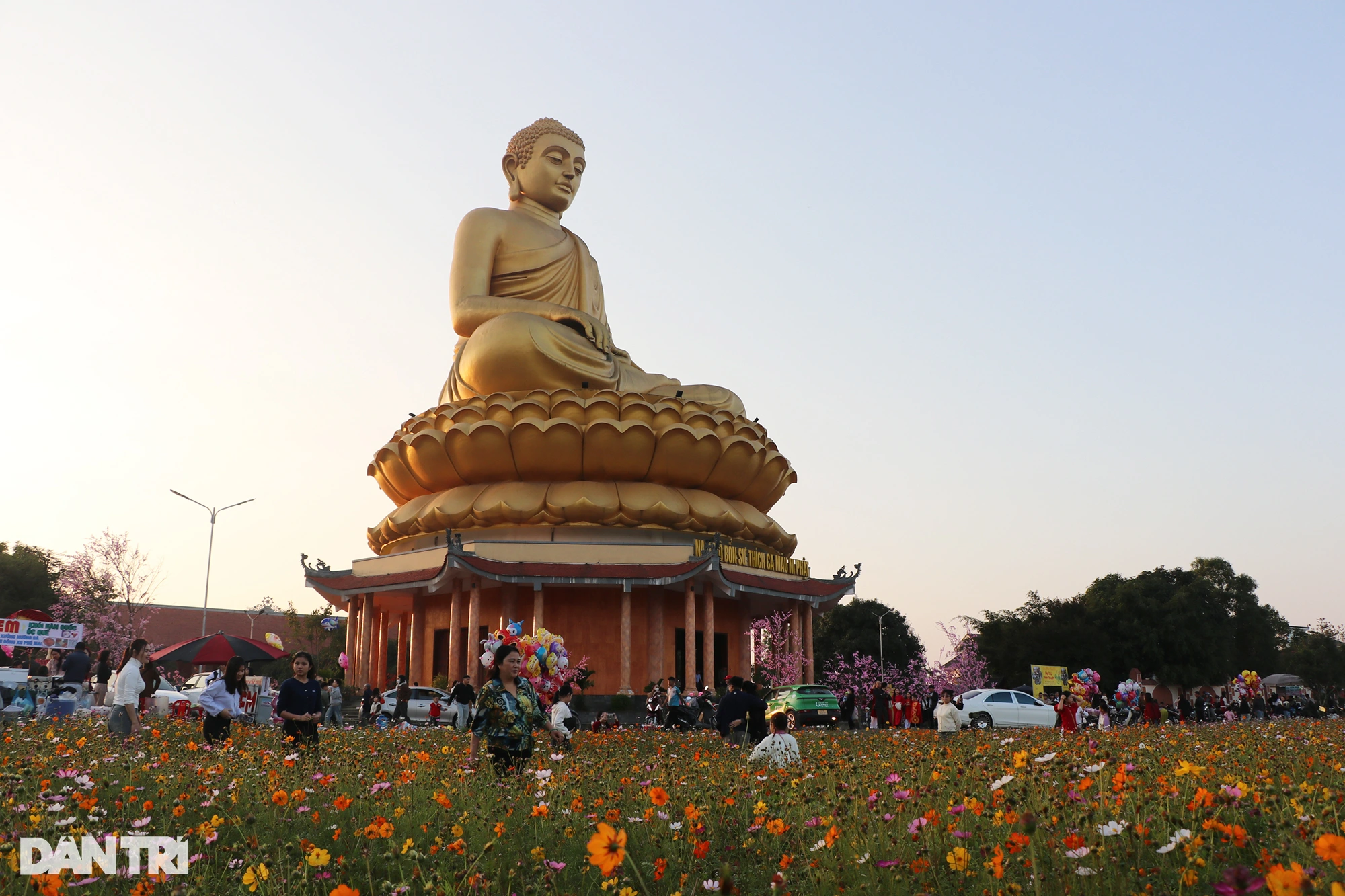


































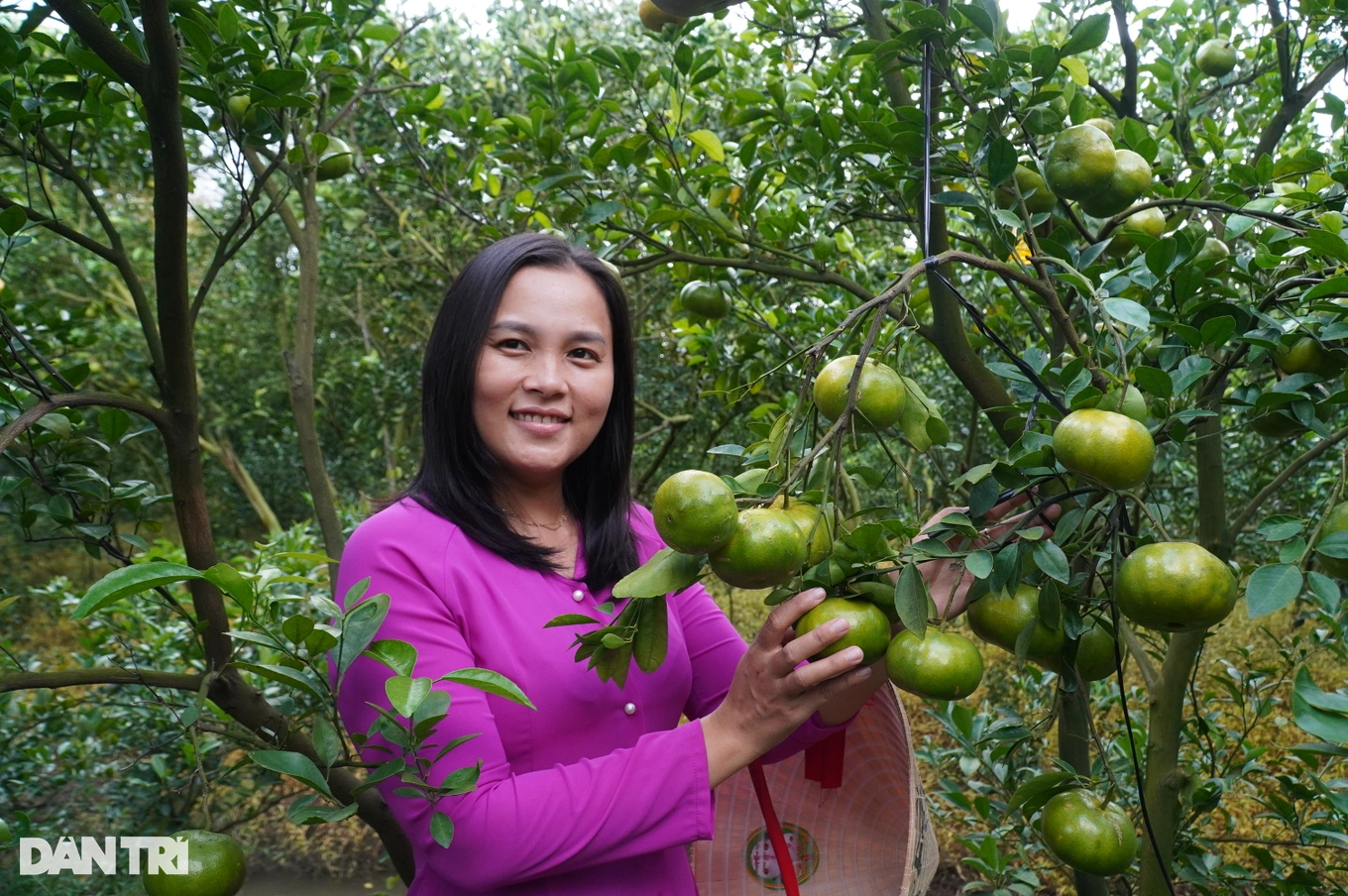








Comment (0)